Sulfates or sulfate compounds are widely used in skincare products. They are mostly used in shampoos, shaving foams, facial cleansers and body washes. Toothpastes may also contain sulfates. Different types of sulfate compounds are used in detergents or cleaning liquids. Sulfate is a surfactant and effectively a degreaser. The compounds are primarily used to have a cleansing effect. Sulfate compounds are soluble in water and oil. When they are mixed with water, they facilitate the forming of foam or lather. They can hence act as emulsifiers for grease and various types of stains.
The Chemistry Of Sulfates
Sulfates are produced synthetically. They are sulfur based compounds. The sulfur used in the various types of sulfates in skincare products is obtained from petrolatum and other sources. Sulfates are not always extremely rich in sulfur. The quantum of sulfur varies depending on the exact compound and its composition.
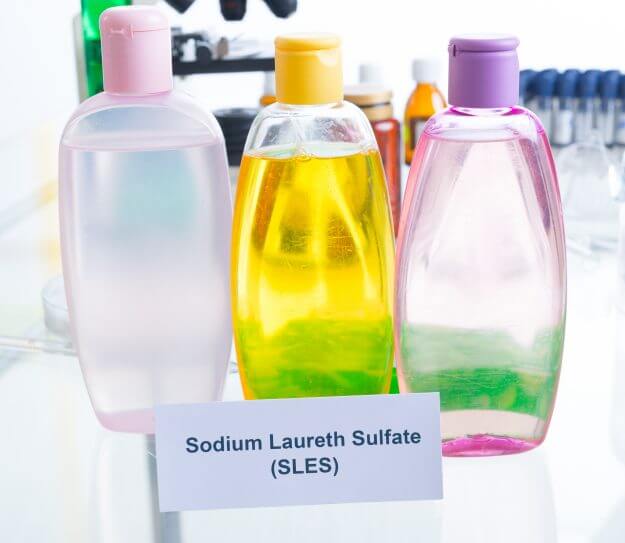
The sulfates that are usually found in skincare products contain lauryl alcohol. It is one of the major ingredients and it is obtained from coconut oil and other plants. Lauryl alcohol is usually mixed with sulfuric acid before the other ingredients are inducted to form a stable compound. The naturally occurring sulfur is not uses as a source for synthetically manufactured sulfates.
What Are The Types Of Sulfates?
Sulfates are a massive group of compounds. There are literally hundreds of different types of sulfates. The most common sulfate compounds are sodium lauryl sulfate and sodium laureth sulfate. You may be more familiar with their abbreviations SLS and SLES.
These two sulfate compounds can create a lot of foam. While lather or foam is essential to facilitate the cleansing process, the same is also needed to limit the use of different cosmetics or skincare products. Only a bit of a skincare product is enough to have a desired impact mainly because sulfates facilitate so.
The Popularity of Sulfates
There has been a considerable attempt by many people and organizations to spread awareness about the adverse effects of sulfates but more than ninety out of hundred shampoos and cleansing products for the skin and hair contain sulfates, predominantly SLES or SLS. However, you can buy skincare products, be it shampoos or shower gels, that do not contain any sulfate. These are often labeled and marketed as sulfate free or zero sulfate. Such brands usually make organic skincare products.
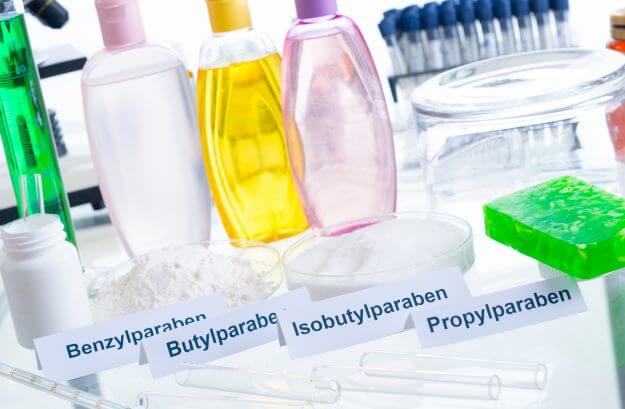
The Research Behind Sulfates
A lot has been said and written about sulfates and their harmful effects on humans. Many reports and articles published on various platforms and through multiple mediums have sowed the seeds of doubt as well as fear that sulfates can cause cancer. Clinical studies and extensive testing of various sulfate compounds have shown that they are a skin irritant. Not everyone will have skin inflammations, infections, redness or itchiness but sulfates can cause these side effects. Sulfates are not a friend for your eyes. They can cause irritation in the eye. However, sulfates have not been found to have any far-reaching adverse effect on the health.
Concerns With Sulfates
The concern is the type of sulfate that is used to make a particular type of skincare products. Some sulfate compounds and more dangerous than others. For instance, SLES is milder than SLS. Skincare products containing SLS are usually more effective at cleansing but they are also harsher on the skin and hair. Even if you do not experience inflammations, infections, irritations or itchiness, you may have damaged hair, your skin will age quickly and there can be side effects in the long term that may not become obvious as the immediate reactions are subtle or unnoticeable.
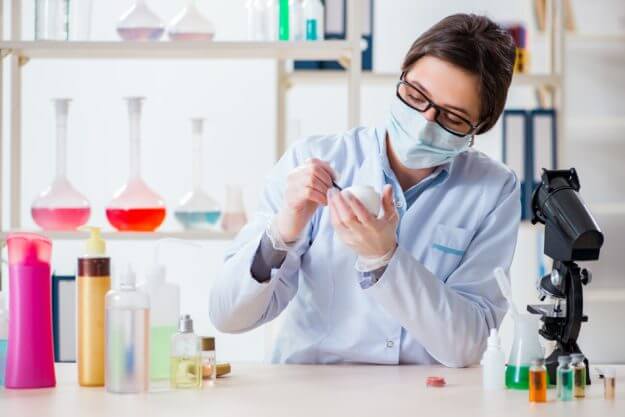
One serious concern about sulfates is a byproduct of SLES. It is a compound known as 1,4-Dioxane. This compound is a carcinogen. Exposure this compound can cause certain types of cancer. In reality, not many manufacturers of skincare products use a lot of this byproduct. It has been found that only ten grams of 1,4-Dioxane is produced as a byproduct in the process of manufacturing ten million grams of SLES or sodium laureth sulfate.
Most brands eliminate this byproduct from the sodium laureth sulfate before the latter is used in skincare products. However, can you be entirely sure that a particular shampoo or shower gel or shaving foam or some other skincare products that you are using are completely free of 1,4-Dioxane?


 The Best Face Moisturizer For Sensitive Skin
The Best Face Moisturizer For Sensitive Skin  Cetaphil Moisturizer and Moisturizing Cream
Cetaphil Moisturizer and Moisturizing Cream  Finding the Best Moisturizer For Dry Skin
Finding the Best Moisturizer For Dry Skin 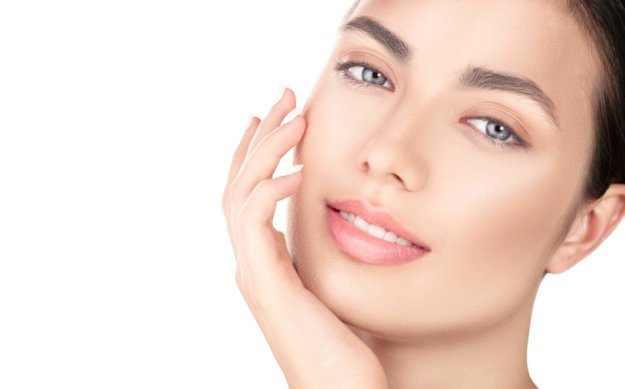 Top 5 Organic Skincare Brands To Try
Top 5 Organic Skincare Brands To Try 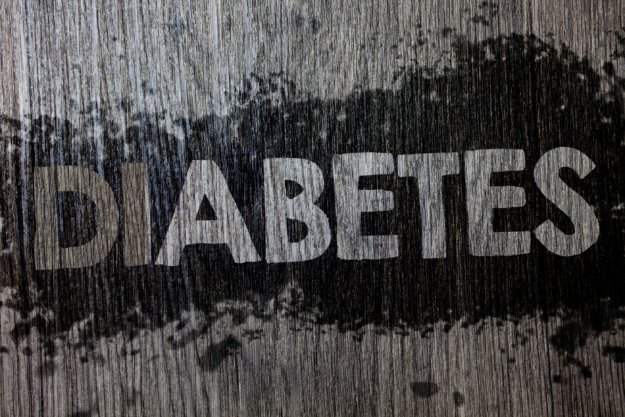 Dry Skin Treatments For Diabetics
Dry Skin Treatments For Diabetics 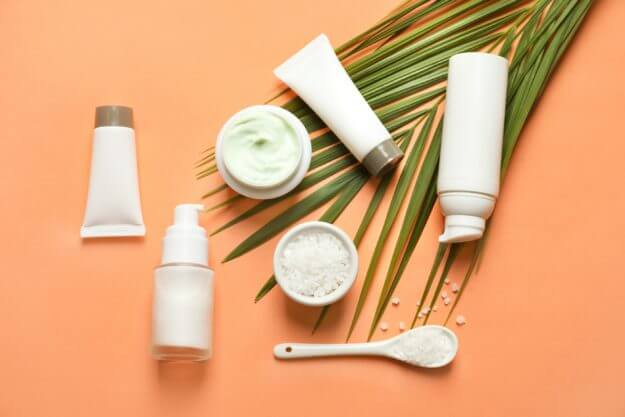 Top 10 Holy Grail Skincare Products
Top 10 Holy Grail Skincare Products